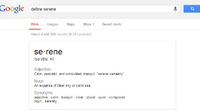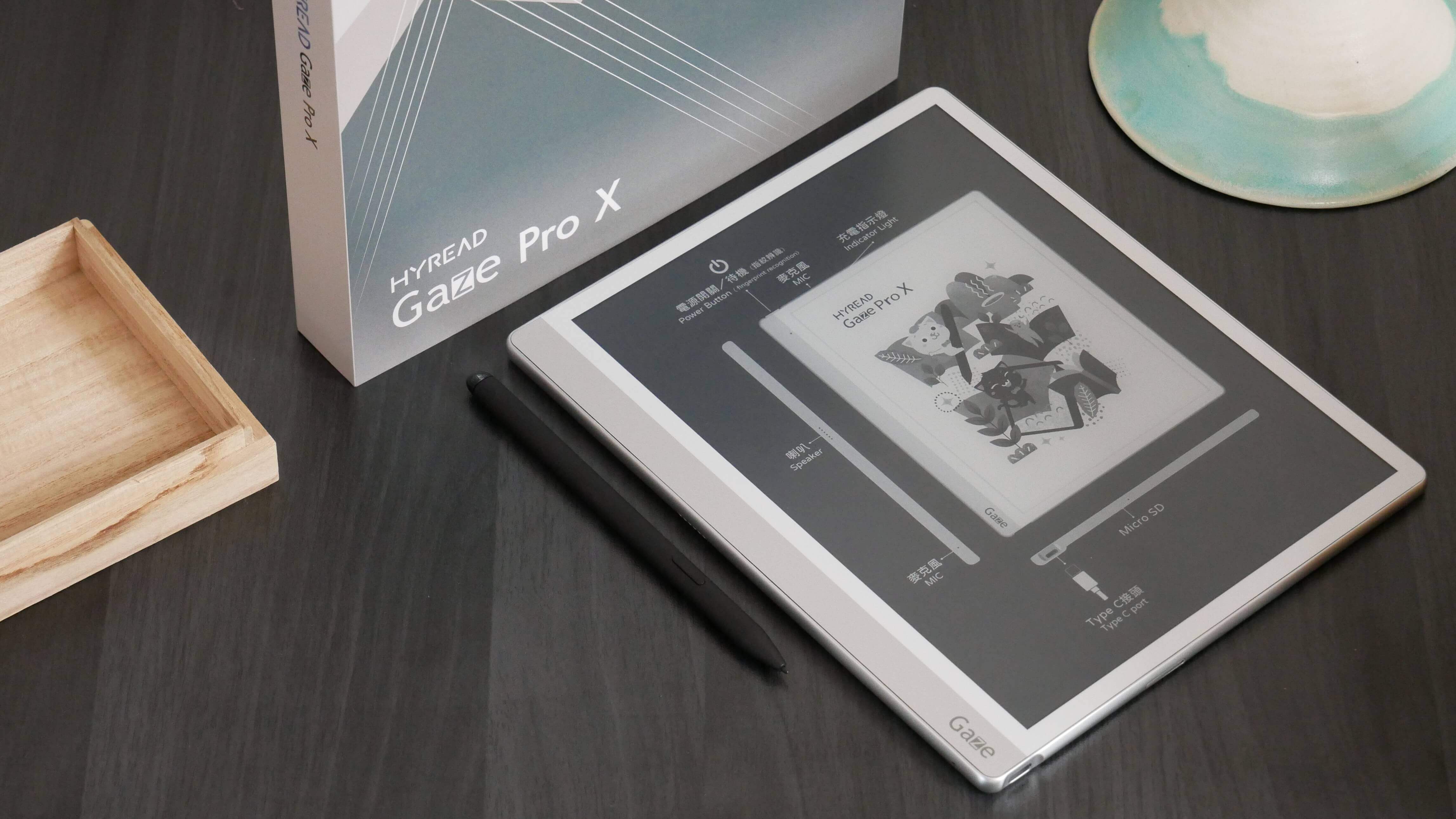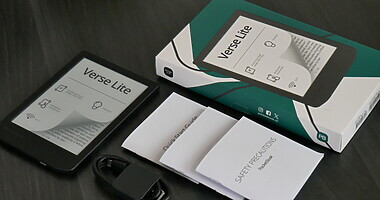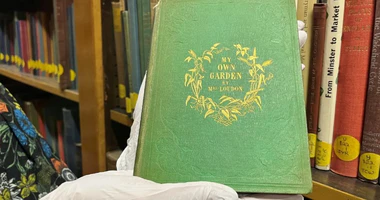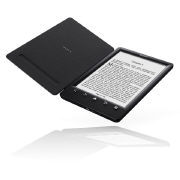 Sony is releasing their next generation e-Reader on September 19th, 2013. The exact date comes from a number of online retailers that traditionally stock a large array of Sony products. The new e-Reader is expected to retail for around $150 dollars and will come in three colors: white, red and black.
Sony is releasing their next generation e-Reader on September 19th, 2013. The exact date comes from a number of online retailers that traditionally stock a large array of Sony products. The new e-Reader is expected to retail for around $150 dollars and will come in three colors: white, red and black.
The Sony PRS-T3 will feature a 6-inch E Ink screen with a resolution of 1024×758 pixels. Sony is really not giving a full HD experience like many other devices that are being released this year. A number of e-Readers are all going to be using a new HD Pearl e-Paper screen that has a resolution of 2048×1536 pixels. The one thing I find odd is that Sony plans on going with a infrared display from Neonode, instead of a capacitive touchscreen display.
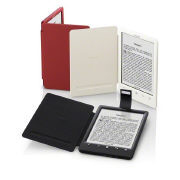 Sony is forgoing the front-lit display that the Kindle Paperwhite, Nook Simple Touch with Glowlight and the Kobo Aura employ. Instead they are going with a super slim lighted cover. Sony were the first to experiment with touch screens and front lighting and these were not always successful. Stephanie Lang, head of group IT division of Sony France, said in a recent interview, “We believe that the integration of lighting from the sides is not necessarily helpful and may even degrade the reading experience. It moves away from the traditional reading experience on paper. By cons, we believe it can be useful to have a cover that integrates a light that can guide the reader as he wishes. But we do not seek to incorporate lighting directly into the hardware of the reader.”
Sony is forgoing the front-lit display that the Kindle Paperwhite, Nook Simple Touch with Glowlight and the Kobo Aura employ. Instead they are going with a super slim lighted cover. Sony were the first to experiment with touch screens and front lighting and these were not always successful. Stephanie Lang, head of group IT division of Sony France, said in a recent interview, “We believe that the integration of lighting from the sides is not necessarily helpful and may even degrade the reading experience. It moves away from the traditional reading experience on paper. By cons, we believe it can be useful to have a cover that integrates a light that can guide the reader as he wishes. But we do not seek to incorporate lighting directly into the hardware of the reader.”
The resistance to incorporating a front-lit display stems from one of their old e-readers, the PRS-700. Sony actually released a terrible reader with a side-lit display in 2008. This has put a sour taste on the whole concept, Lang said. “We had concluded that the reading lights are aimed at really heavy readers who seek an experience close to the paper, and light alters the experience. So we focused on other features that the book is not, as the ability to enlarge the font to enhance reading comfort.” She went on to say, “Studies we conducted have shown that the presence of an integrated lighting system was not a criterion: it is a popular feature from time to time, but that’s all. We prefer to focus on the rest of the reading light to provide a highly efficient device, without this feature, it offers optional via accessories. This is the bias that we take.”
One of the ways Sony has a bit of advantage over other companies is the software they run on their line of readers. They have a relationship with digital library juggernaut OverDrive, which allows readers to borrow and read books directly within the app. Sources at OverDrive have informed us that Sony still has a relationship with them and has an existing licensing agreement. What this does is put OverDrive on Sony e-Readers exclusively and OverDrive then markets the e-readers to all of the libraries that do business with them. This is all done under the OverDrive Test Drive program, which recommends and markets certain devices to libraries all over the world. Publishers are quite happy with Sony because they do not have the cut-throat reputation that Amazon has.
Sony has been revising their online Reader Store over the course of the last year. They have invested heavily in their eBook Discovery programs and unique features to recommend books. They have also undergone a huge website relaunch, which saw the old style done away with and a more intuitive reading interface. There is no word yet on how the new store looks on the T3, but I would expect that it visually looks different then on prior models.
The new Sony PRS-T3 e-Reader does not change any of the current paradigms of what an e-Reader is. They are not using anything that would draw in people with existing e-Readers who are looking to upgrade. There does not seem to be a compelling enough reason to switch to this device, unless you want some free Harry Potter Books. Sony is going through the motions at this point and keeping in-line with their yearly product release cycle.
Michael Kozlowski is the editor-in-chief at Good e-Reader and has written about audiobooks and e-readers for the past fifteen years. Newspapers and websites such as the CBC, CNET, Engadget, Huffington Post and the New York Times have picked up his articles. He Lives in Vancouver, British Columbia, Canada.
